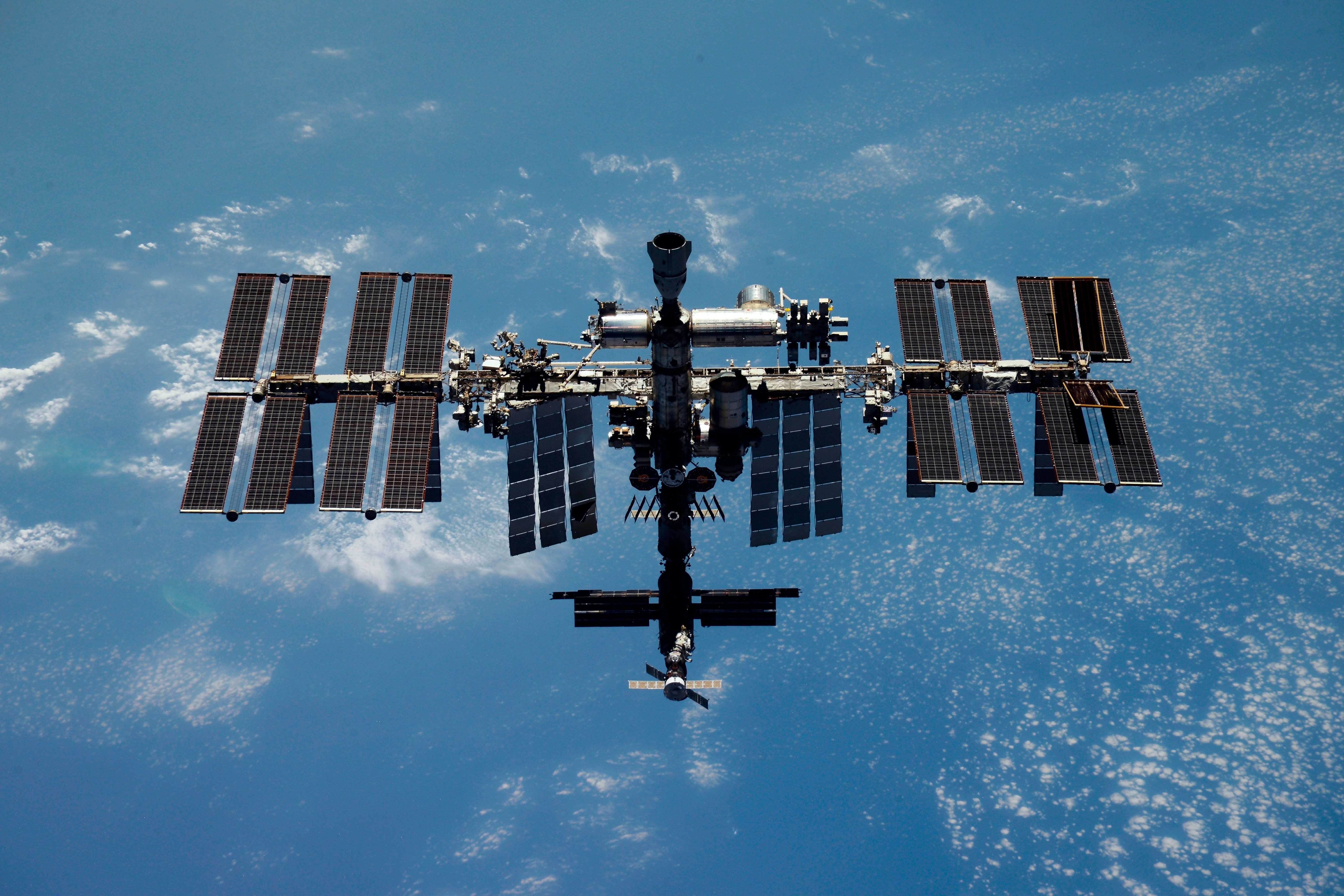Air leak detected on International Space Station: What Russian officials have to say
Russian space officials have acknowledged a continuing air leak from the Russian segment of the International Space Station, but say it poses no danger to its crew

Russian space officials on Wednesday acknowledged a continuing air leak from the Russian segment of the International Space Station, but said it poses no danger to its crew.
The Roscosmos state corporation said that specialists were monitoring the leak and the crew “regularly conducts work to locate and fix possible spots of the leak."
“There is no threat to the crew or the station itself,” it said in a statement carried by Russian news agencies.
Roscosmos' statement followed comments by Joel Montalbano, NASA's station project manager, who noted Wednesday that the leak in the Russian segment has increased but emphasized that it remains small and poses no threat to the crew's safety or vehicle operations.
As the space outpost is aging, the crew has to spend more time to repair and maintain it, Roscosmos said..
Russian space officials first reported a leak in the Zvezda module in August 2020 and later that year Russian crew members located what they believed was its source and tried to fix it. In November 2021, another potentially leaky spot was found in a different part of the Russian section of the station.
Both Roscosmos and NASA have said the leak posed no danger to the crew and didn't impact operations on the station.
There have been other glitches too.
In October, coolant leaked from an external backup radiator for Russia’s new science lab Nauka (Science), although its main thermal control system was working normally and space officials said the crew and the station weren't in danger.
That incident followed coolant leaks from Russian spacecraft parked at the station.
In December 2022, coolant leaked from a Soyuz crew capsule docked to the station, and another similar leak from a Progress supply ship was discovered in February 2023. A Russian investigation concluded that those leaks likely resulted from hits by tiny meteoroids, not manufacturing flaws.
The space station, which has served as a symbol of post-Cold War international cooperation, is now one of the last remaining areas of cooperation between Russia and the West amid the tensions over Moscow’s military action in Ukraine. NASA and its partners hope to continue operating the orbiting outpost until 2030.
The station's current crew consists of NASA astronauts Jasmin Moghbeli and Loral O’Hara, the European Space Agency’s Andreas Mogensen, Russian cosmonauts Konstantin Borisov, Oleg Kononenko and Nikolai Chub and Japanese astronaut Satoshi Furukawa.